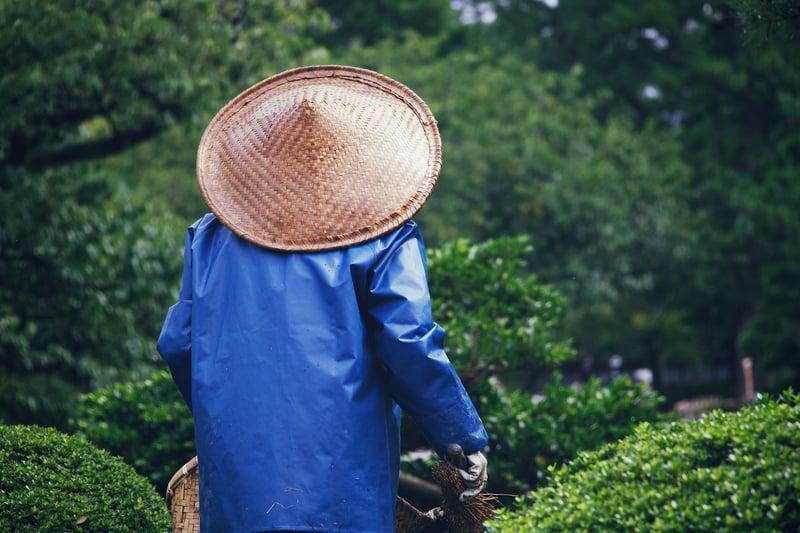Pest Control
Keeping Your Garden Healthy + Pest Control
Introduction
Welcome to our guide on maintaining a healthy garden and effective pest control practices. A flourishing garden not only adds beauty to your home but also provides a sanctuary for beneficial insects and wildlife. By following some simple tips, you can keep your garden thriving while minimizing the impact of pests.
1. Soil Health
Good soil is the foundation of a healthy garden. Ensure your soil is well-draining and rich in nutrients by adding compost and organic matter regularly. Healthy soil leads to healthy plants that are more resistant to pests and diseases.
2. Watering Wisely
Water your garden deeply but less frequently to encourage deep root growth. Avoid overhead watering to reduce the risk of fungal diseases. Early morning is the best time to water your plants.
3. Plant Diversity
Plant a variety of flowers, herbs, and vegetables in your garden. Diversity attracts beneficial insects that prey on pests, creating a natural balance in your garden ecosystem.
4. Natural Pest Control
Encourage natural predators like ladybugs, lacewings, and birds by providing habitat and food sources. You can also use natural remedies like neem oil, diatomaceous earth, and insecticidal soaps to control pests without harming beneficial insects.
5. Regular Maintenance
Inspect your plants regularly for signs of pest infestations or diseases. Remove affected leaves or plants promptly to prevent the spread. Prune overgrown branches to improve air circulation and reduce pest hiding spots.
6. Companion Planting
Utilize companion planting to repel pests and attract beneficial insects. For example, planting marigolds around your vegetable garden can deter nematodes, while planting mint can repel aphids.
Conclusion
By following these tips for maintaining a healthy garden and implementing effective pest control measures, you can create a thriving outdoor space that is both beautiful and sustainable. Remember, a little effort goes a long way in keeping your garden healthy and pest-free!

For more information on gardening and pest control, visit Royal Horticultural Society.
